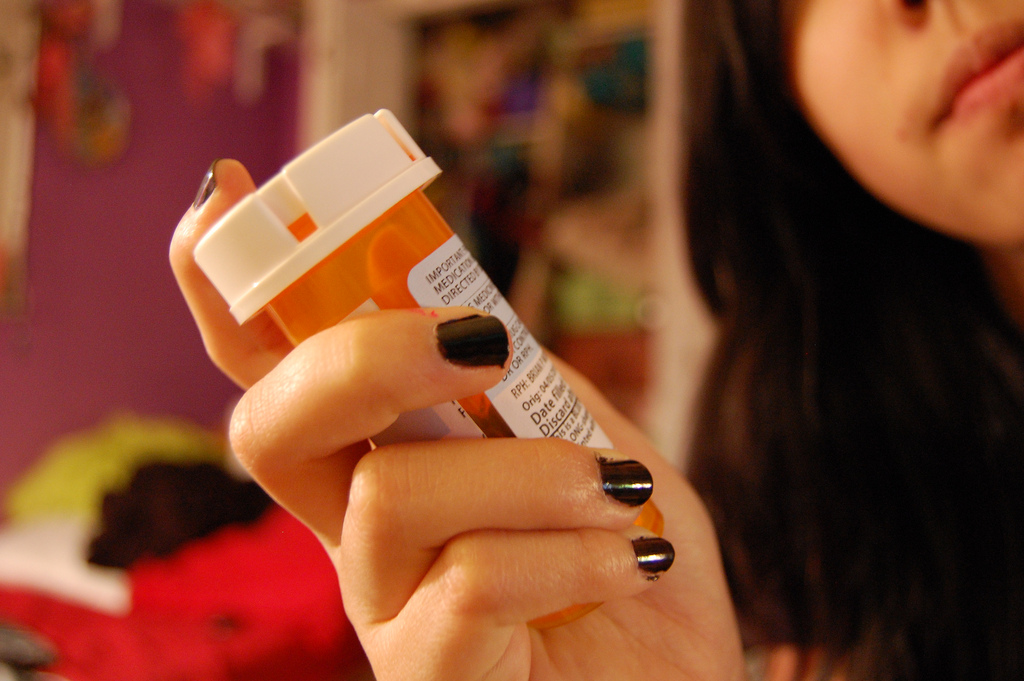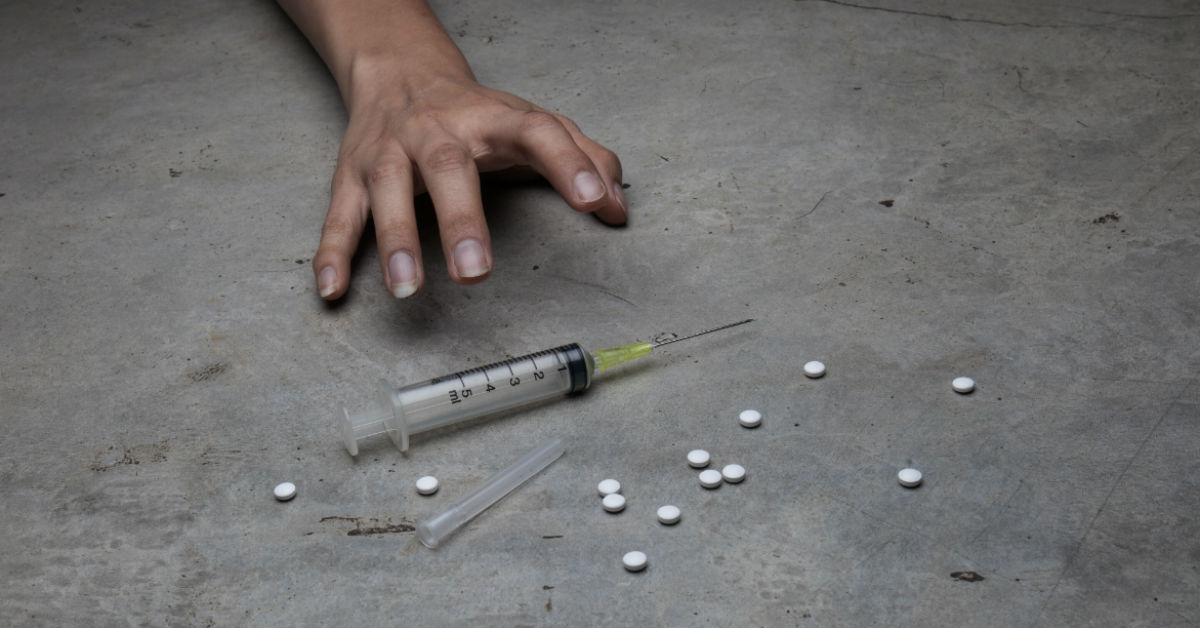If you are like most parents, you want your teen to enjoy their dating years, because they can be full of romance, passion and even learn good life lessons from breaking up. However, if you see your teen is in an abusive relationship with their dating partner, it can make you feel like you are in a nightmare. You may be seeing all the obvious signs but your teen is oblivious because they are blinded by their infatuation with their dating partner. As a parent, you need to take action to ensure your teenager has the tools to recognize an abusive or violent relationship and how to take steps to protect themselves and get out of it.
Teen dating violence is on the rise, and is generally categorized as emotional, physical or sexual abuse by one person in a dating relationship toward their partner. It is most often seen with teen boys as the abuser and girls as the victim, but this is by no means exclusive. Teen boys can be victims as well. Because teens are often embarrassed to talk to parents or other adults in their lives, many instances of teen dating violence go unreported until it is too late.
Here are some clues that your teen may be in an abusive dating relationship:
- Controlling: Is your teen’s partner exerting a lot of influence on your child’s choices in clothes, friends, hair and more? While it’s normal to want to please a partner, when someone is overly pressuring another to conform to their expectations, it may become too controlling.
- Isolating: Have you noticed that your teen is abandoning the friends they had before the relationship began? While it’s normal for dating teens to prefer each other over friends, it’s a common tactic for abusers to isolate their victims from their support groups.
- Communicating: When teens are infatuated, they want to be together all the time and communicate often. However, an abusive partner often wants constant communication and seeks out details like who their partner is with, where they are, who they talked to, and other reporting demands. This can evolve into a control situation where your child is worried about offending their partner by doing the wrong thing.
- Mood swinging: While the teen years are full of mood swings and a dating teen can go from happy to worried in a day, severe mood swings aren’t normal. If your teen is defensive, sad, worried or stressed about the relationship and feeling inadequate about pleasing their partner, it could be a sign of an abusive relationship.
- Excusing behaviors: If your teen is constantly defending their dating partner’s behaviors and sticking up for their questionable actions, it may mean that at some level they are aware that their partner’s actions are not quite above board.
You may have to figure out for yourself whether or not your teen is in an abusive dating relationship, because many teens refuse to confide in their parents. They fear that their parents will make them break up, blame them or punish them for something that is not their fault. They may even fear what their partner might do to them if they make them mad by telling.
The best thing you can do as a parent is to give your child a chance to communicate with you. Listen without judging, ask open-ended questions, keep your emotions under control and provide feedback that lets them know you have been observing some undesirable behavior.
Help your teen deal with the fear of taking action and the sadness of the situation. Never blame your teen for being in an abusive situation and don’t punish them for being “stupid” or that “they should have known better.” The fact is that 1 in 3 teens will experience some kind of dating abuse before graduation, so learn what to do to help your teen recognize it and get out of that relationship.
Some Help Your Teen Now Related Articles
- What Did I Do Wrong, My Teen Is Violent?
- What Are The Signs Of Troubled Teen Violence
- What Causes Violence In Teens?
- Creating Healthy Relationships, Combating Teen Dating Violence
- Doing Your Part For Teen Dating Violence Awareness Month
- Parenting Focused On Preventing Teen Violence
- The Hard Facts On Troubled Teen Violence
- Treatment For Violent Teens











0 Comments